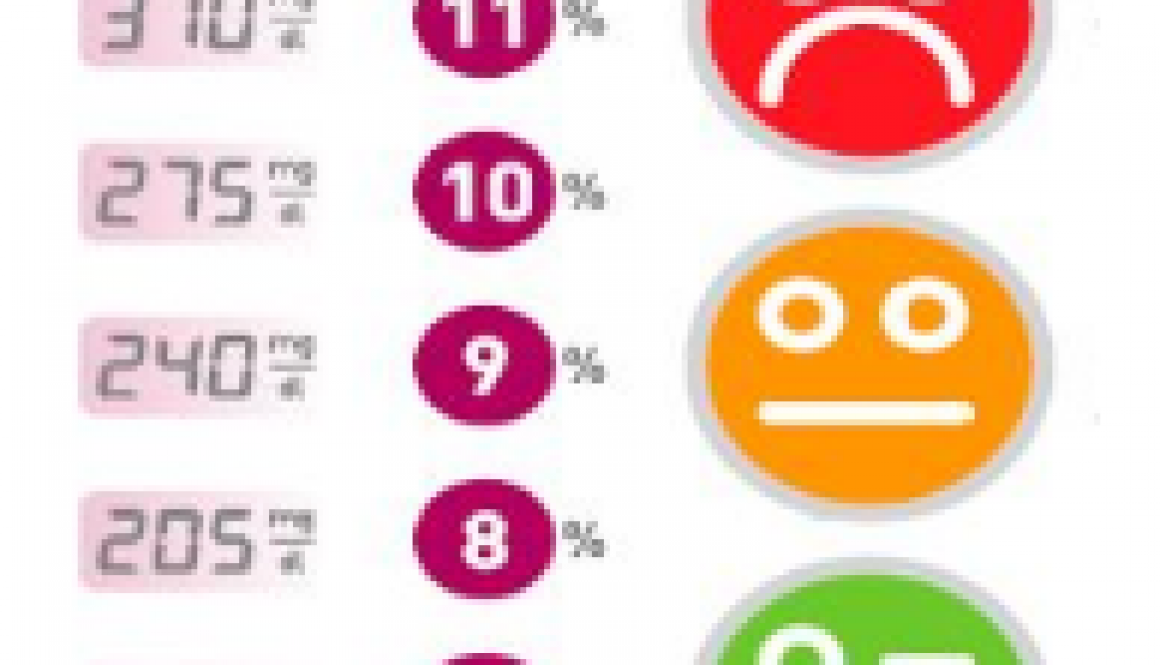Glycosylated Hemoglobin A1c (HbA1c)
Glycosylated Hemoglobin A1c (HbA1c)
The glycosylated hemoglobin A1c test tells us how has been the average levels of sugar in the blood during the last 2 to 3 months. Other titles of this test are: HbA1c, glycosylated hemoglobin and glycohemoglobin.
The people that are diagnosed with Diabetes Mellitus, have to be checked regularly. This test, allows your doctor to know if your current treatment is adequate. Also, if you don’t have Diabetes Mellitus, it can be used as a diagnostic method.
What is hemoglobin?
The hemoglobin is one of the proteins that are inside of the red blood cells, and its function is to carry the oxygen between the lungs to all the tissues in the body.
How does this test work?
The sugar in the blood is called glucose. When the glucose is into the blood, binds to the hemoglobin inside the red blood cells. The HbA1c test measures the quantity of glucose that is binded to the hemoglobin.
The red blood cells have a lifespan of 3 months approximately inside our bodies, for this reason, this test allows doctors to measure our glucose levels for the last 3 months.
If your glucose levels have been high during a couple of weeks before, your HbA1c test is going to be high.
What is the normal level of HbA1c test?
For the people that do not have Diabetes as a diagnosis, the normal level of hemoglobin A1c is between 4% to 5.6%. The Hemoglobin A1c between 5.7% and 6.4% means that you have a high probability to being diagnosed with Diabetes in the future. Levels of 6.5% or higher mean that you have Diabetes.
What are the desired levels of HbA1c?
For people with Diabetes, the target level of HbA1c is less than 7%. Higher levels mean that you have a high risk to have complications related to diabetes. You have to be checked with this test no less than 2 times per year.
The combination of diet, exercise and medications can help you to maintain your glucose in low levels.
References:
http://www.webmd.com/diabetes/guide/glycated-hemoglobin-test-hba1c
http://www.mayoclinic.org/tests-procedures/a1c-test/home/ovc-20167930
https://medlineplus.gov/spanish/a1c.html
Authors:
Carolina Lopez, MD
Jose Gomez, MD
Reviewed by:
Xavier Vela, MD

